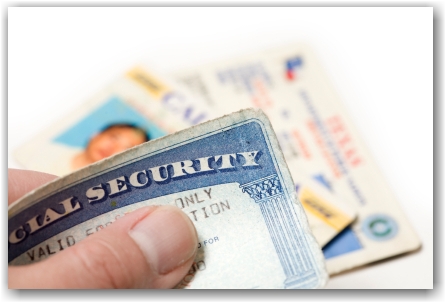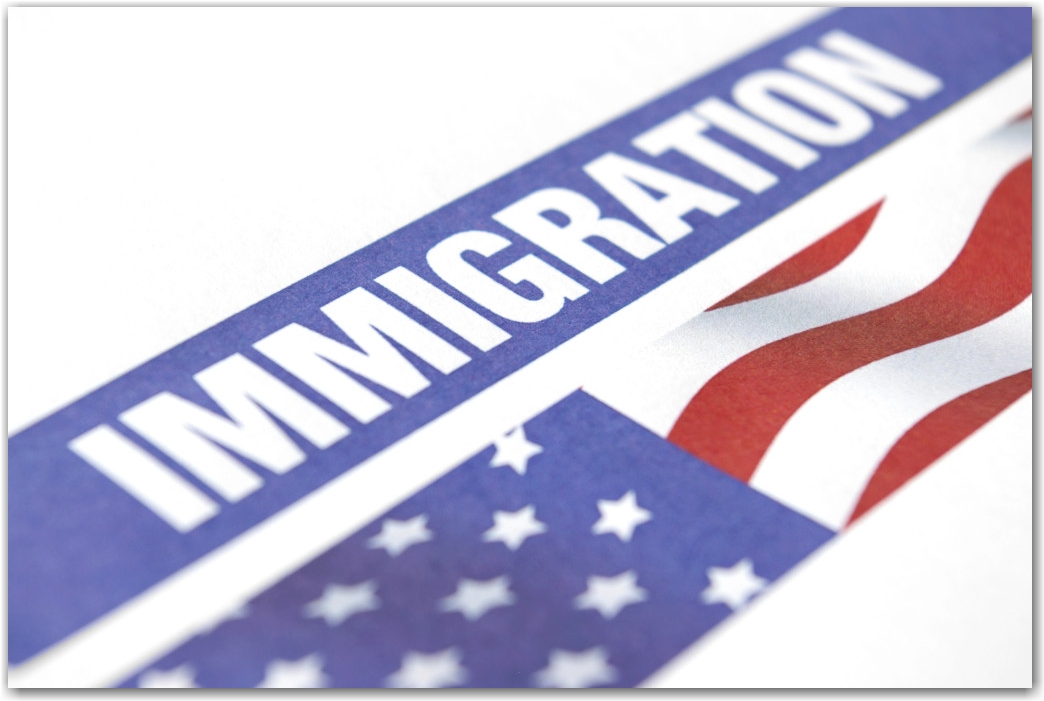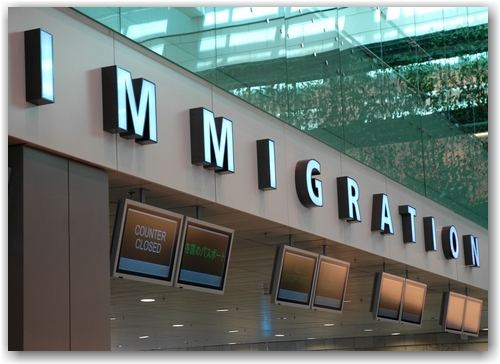USCIS is proposing a new rule, which would allow certain international entrepreneurs to be considered for parole (temporary permission to be in the United States) so that they may start or scale their businesses here in the United States. 
Read the advance version of the notice of proposed rulemaking: International Entrepreneur Rule. Once the notice of proposed rulemaking is published in the Federal Register, the public will have 45 days from the date of publication to comment. To submit comments, follow the instructions in the notice.
The proposed rule would allow the Department of Homeland Security (DHS) to use its existing discretionary statutory parole authority for entrepreneurs of startup entities whose stay in the United States would provide a significant public benefit through the substantial and demonstrated potential for rapid business growth and job creation. Under this proposed rule, DHS may parole, on a case-by-case basis, eligible entrepreneurs of startup enterprises:
- Who have a significant ownership interest in the startup (at least 15 percent) and have an active and central role to its operations;
- Whose startup was formed in the United States within the past three years; and
- Whose startup has substantial and demonstrated potential for rapid business growth and job creation, as evidenced by:
- Receiving significant investment of capital (at least $345,000) from certain qualified U.S. investors with established records of successful investments;
- Receiving significant awards or grants (at least $100,000) from certain federal, state or local government entities; or
- An applicant who partially meets one or both of the above criteria can be considered if he or she provides “additional reliable and compelling evidence” that his or her entry would provide a “significant public benefit to the United States” and which would validate the entity’s “substantial validation of the entity’s substantial potential for rapid growth and job creation.”
Under the proposed rule, entrepreneurs may be granted an initial stay of up to two years to oversee and grow their startup entity in the United States. A subsequent request for re-parole (for up to three additional years) would be considered only if the entrepreneur and the startup entity continue to provide a significant public benefit as evidenced by substantial increases in capital investment, revenue or job creation. If an applicant meets these criteria, the applicant, as well as his or her spouse and minor, unmarried children may be considered under this rule for a discretionary grant of parole for up to two years. Spouses will receive open-market (unrestricted) work authorization. Applicants will be allowed to be considered for re-parole for an additional period of up to three years if they can show that the start-up has shown signs of “significant growth” since the initial grant of parole and the start-up continues to have substantial potential for rapid growth and job creation. The grant of additional parole will be to work with the same start-up for 3 additional years, for a total maximum period of parole of five years. No more than three entrepreneurs may receive parole per start-up, including their spouses and children. As with initial parole, the grant is discretionary and may be revoked for the same reasons as an initial grant.
Applicants for this type of parole benefit will file a new type of application form specifically tailored for entrepreneurs along with a proposed application fee of $1200. Applicants would also provide biometrics. Entrepreneur parolees will be authorized to work incident to status and will be able to work with an I-94 and a passport. The Form I-9 regulations are being changed to recognize this.
More details here









